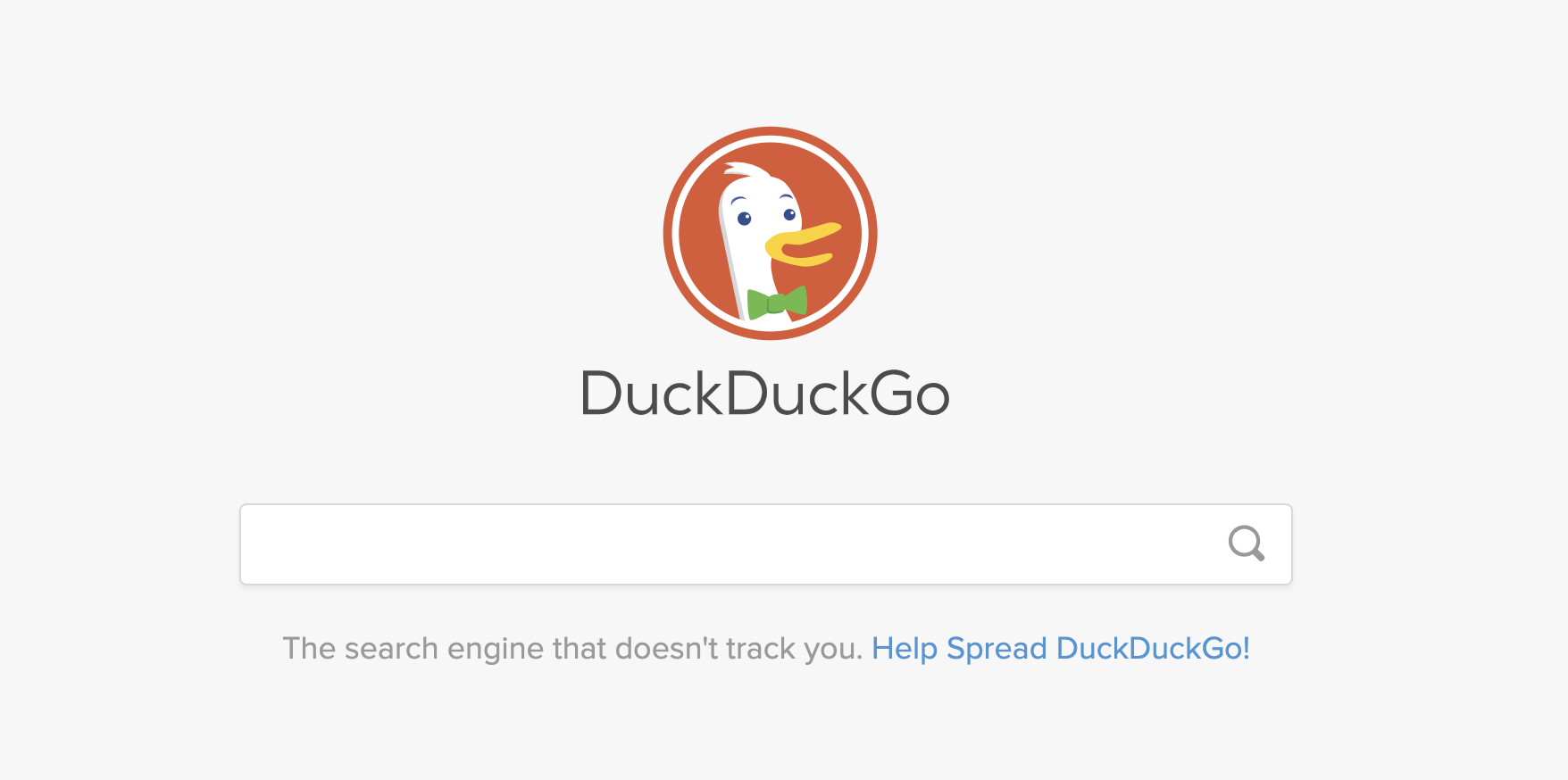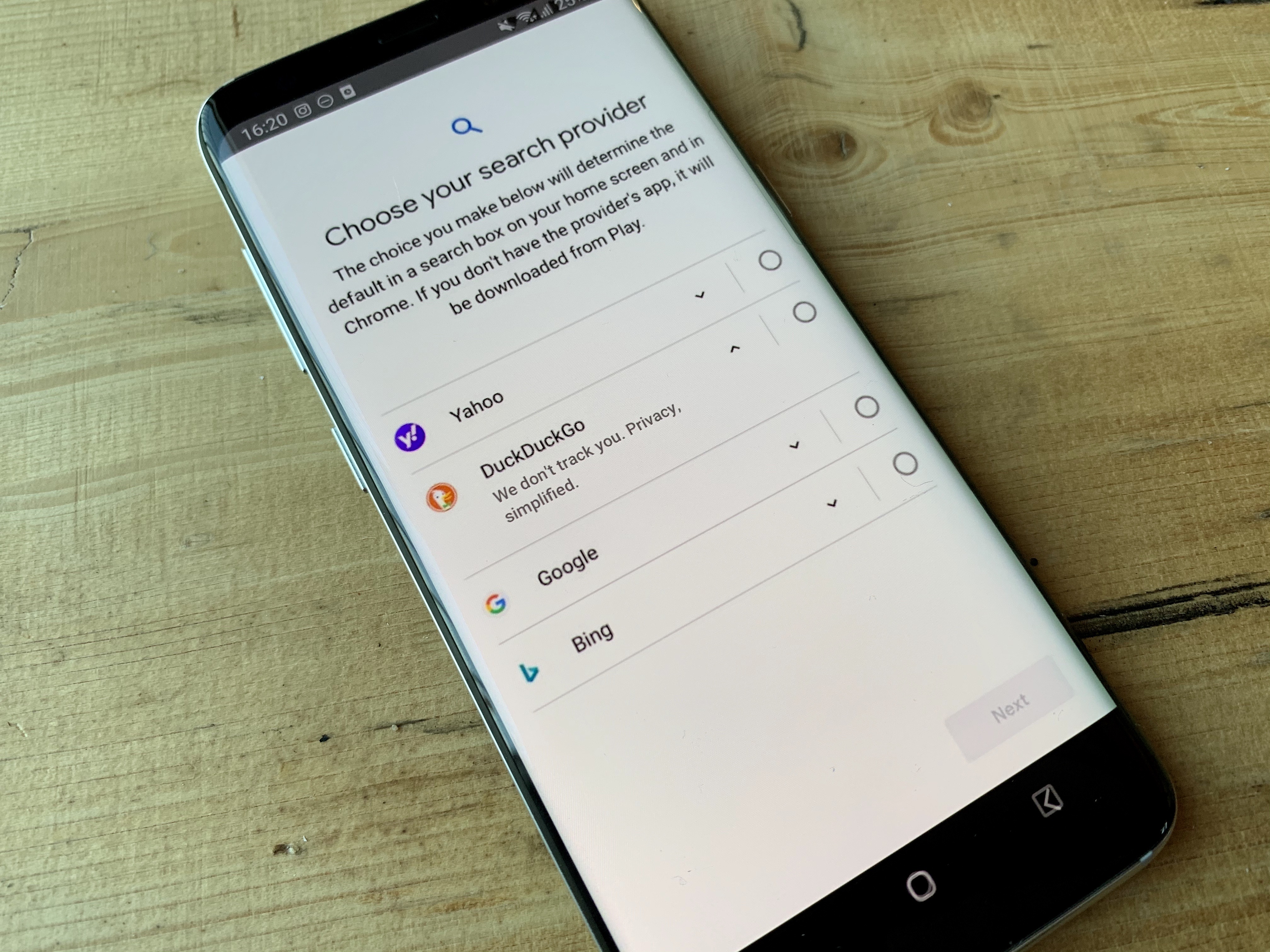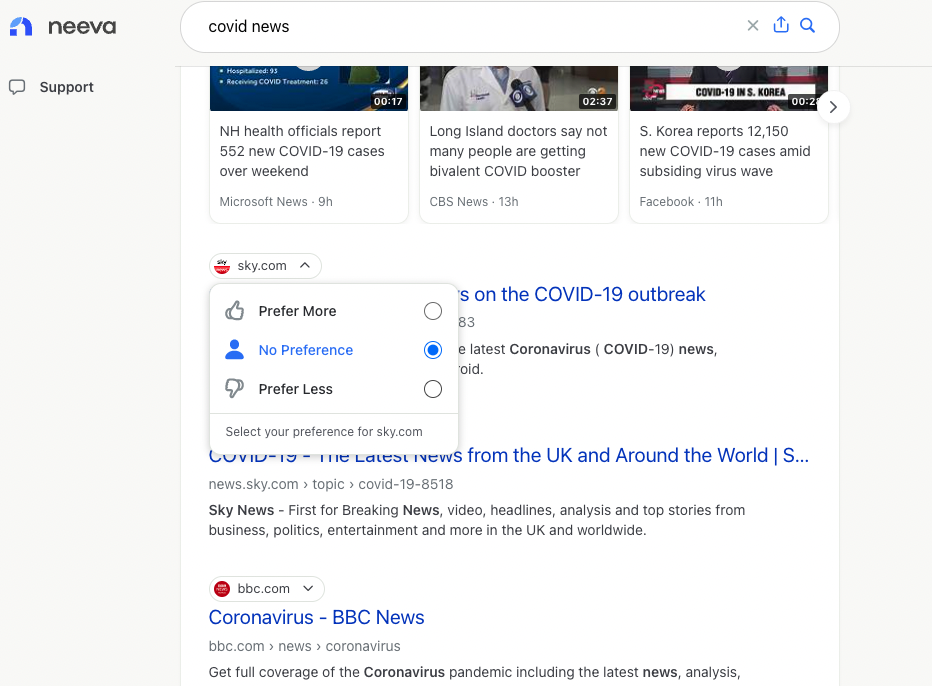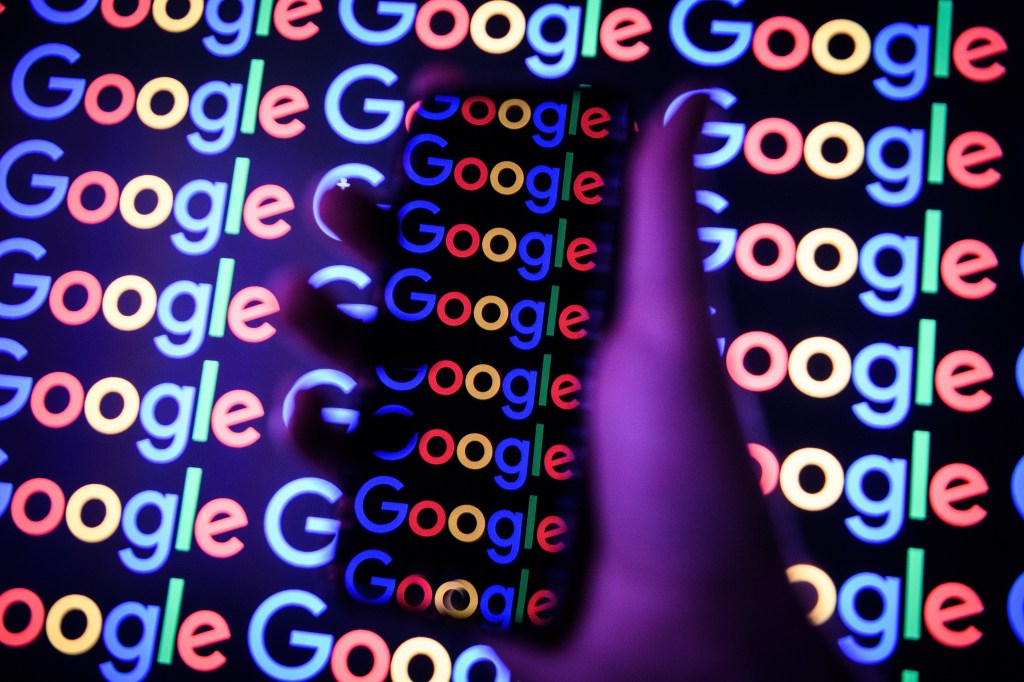A court filing in the U.S. Department of Justice’s case against Google over its alleged monopoly in the search market has revealed a few notable tidbits about the state of the search market competition, including the inner workings, revenue, and, in some cases, exit prices of would-be Google competitors, like DuckDuckGo and Neeva, the latter of which sold to Snowflake last year after pivoting to enterprise.
Google’s proposed “Findings of Fact” filing documents the history of search competition, including Google’s own beginnings, its innovations, the competitive landscape, Google’s search ads business, distribution agreements, and more.
Of particular interest to us were the parts that reference web search startups, like DuckDuckGo and Neeva, and the developments of their business.
The filing reveals some details we already knew about DuckDuckGo — for example, that it’s been profitable since 2014 and that its source of operating revenue is currently search advertising, namely search ads provided by Microsoft in the U.S. However, Google’s proposal also attempts to paint a picture of a startup that didn’t invest in search innovation but instead focused on returning investment to its shareholders.
As the filing claims, DuckDuckGo raised $10 million in 2018, but the “majority of that money was distributed to DuckDuckGo’s shareholders,” rather than being used to improve its search engine. When DuckDuckGo again raised funds in 2020 — a $100 million round — some percentage of that was again returned to shareholders. (The exact percentage was redacted.) When shareholders sold stock to various VC firms, those funds were not used to improve the search engine, the filing argues. But it contradicts this point, too, noting that a third of DuckDuckGo’s 50 employees in 2018 were working on improving the search engine, for example.

Still, the document points out that, despite DuckDuckGo’s profitability, it hadn’t built its own “comprehensive web index” for organic search results — hardly a point in Google’s favor. In addition, when Apple was asked if it would consider making DuckDuckGo a default in the Safari browser, Apple’s SVP of Services Eddy Cue responded, “No, we did not . . . that is not a good choice for customers.” Ouch!
Included also is the scope of DuckDuckGo’s business. The filing notes the startup estimated its search engine was being used by 100 million people globally as of 2021. The search engine receives only about 2.5% of general search queries in the U.S., despite estimates that 10% of people in the U.S. claim to be users. This, DuckDuckGo’s leadership had explained, is due to the fact that people often use its search engine for some, but not all of their search queries.
In Europe, DuckDuckGo received only 0.6% of search queries on mobile devices, as of August 2023, even after the introduction of the Android “choice screen,” where it’s offered as an option. In total, its percentage of search queries in Europe ranged from 0.5% to 2.5% in 2023, depending on the country.

By presenting these findings, Google hopes to prove that people are choosing its search engine because it’s better and more innovative, not because of its monopoly share.
It also dismisses DuckDuckGo’s approach to privacy as one of its failures, claiming that the approach leads to “significant trade-offs to search quality,” by not utilizing data like search sessions, a signed-in experience, and more. If anything, though, these details and others the filing includes show how difficult it is for a competitor to build a search business to rival Google’s.
Another startup serving as an example of that problem is Neeva, the search engine founded in 2019 by former Googlers Sridhar Ramaswamy and Vivek Raghunathan. Neeva had originally seemed to have promise, not only because of its premise, but also because of its founding team. CEO Ramaswamy worked at Google from 2003 to 2018 and held senior posts where he reported to the CEO and managed Google’s ads, commerce, search infrastructure, and privacy teams, the court document reminds us.
With the team’s deep technical know-how and experience, they devised a plan to offer consumers an ad-free alternative to Google by generating revenue via subscriptions instead. By 2022, Neeva said it had amassed more than 600,000 users, but most were not paying customers at that time.

The court filing offers a few more details about Neeva’s progression, noting funding from top VC firms like Sequoia Capital and Greylock Ventures, in addition to Ramaswamy’s own personal investment. The company believed it could compete successfully on search quality in the U.S. and select other markets with just a 2.5% share of general queries, Ramaswamy had testified during the trial.
The startup began by offering to serve results via Microsoft’s Bing while it developed its own search infrastructure. By 2022, it was using its own techniques for ranking web results and believed itself to be comparable to Google and better than Bing thanks to its use of machine learning, natural language processing, and other techniques.
To develop and train its machine learning models, it licensed anonymous information in the form of commercially available datasets. Google could not claim Neeva was not innovating here. The startup launched a generative AI feature, Neeva AI, last year, which is similar to what Google is now testing with its Search Generative Experience (SGE) in that it also answers some queries directly on the search result pages using AI.
As a result, Neeva was able to attract some users. The filing notes that at its peak, it had “several million unique users per month,” Ramaswamy had said. Unfortunately, its inability to compete with free search eventually saw the startup close its consumer business, pivot to enterprise, and ultimately exit to Snowflake, as it was unable to attract the necessary venture capital funding to continue to scale its business.
“My co-founder, Vivek, and I came to the reluctant conclusion that we would not be able to build up a business fast enough to be able to continue raising capital to support the growth of the product and the team,” Ramaswamy testified. “So earlier this year, in May [2023] — we actually started potential acquisition conversations in March — but earlier this year, in May, we shut down the consumer search engine, refunded the money that customers had paid us, and got acquired by Snowflake, which is an enterprise data company,” he said.
Neeva was generating less than a million dollars in subscription revenue at the time and was growing, but was still a small part of the search market, the filing also informs us.
The startup exited to Snowflake for approximately $184.4 million in cash, more than double the amount that had been invested, the filing states. This is slightly higher than previous reports that had pegged the number at $150 million.
Though not a startup, the document also touches on Yahoo’s (TechCrunch’s parent company) lost search business, noting it stopped crawling the web after a 2009 deal with Microsoft for algorithmic search and paid search ads. This partnership let Yahoo decrease its search investment and focus on other more popular products, like Yahoo Finance, Yahoo Sports, Yahoo News, and Yahoo Mail. (Much of the Yahoo section is redacted, we should note.) It adds that Mozilla once had a deal with Yahoo, too, but dropped it due to search quality.
With few viable competitors on the market in the search space, Google attempts to argue that it competes with a number of other products, like dedicated mobile apps and websites that offer some specialized type of search, like Yelp, Airbnb, Amazon, Expedia, Booking.com, Hotels.com, and others. It also claims to compete with AI, like ChatGPT, and social media, like Facebook, Instagram, Pinterest, and TikTok — the latter three, particularly among younger users.
For example, Google vice president of search Liz Reid said in 2021 that “63% of daily TikTok users age 18 to 24 stated that they use[d] TikTok as a search engine in the last week.”
Whether or not the court will be swayed by Google’s argument that it’s not a monopoly in search and more broadly in search advertising, which is a large part of this case, remains to be seen. Google is clearly the winner in the search market, but it’s not for lack of competitors trying to break in, as these examples show. However, the trial had already revealed that Google used its significant resources to maintain its position in the search market — for example, by paying Apple $18 billion to be the default search on iPhones. Meanwhile, Apple weighed buying Bing from Microsoft in 2020 and had also considered making DuckDuckGo the default engine in Safari, before rejecting the idea to continue cashing Google’s checks instead.
Snowflake acquires Neeva to bring intelligent search to its cloud data management solution































Comment